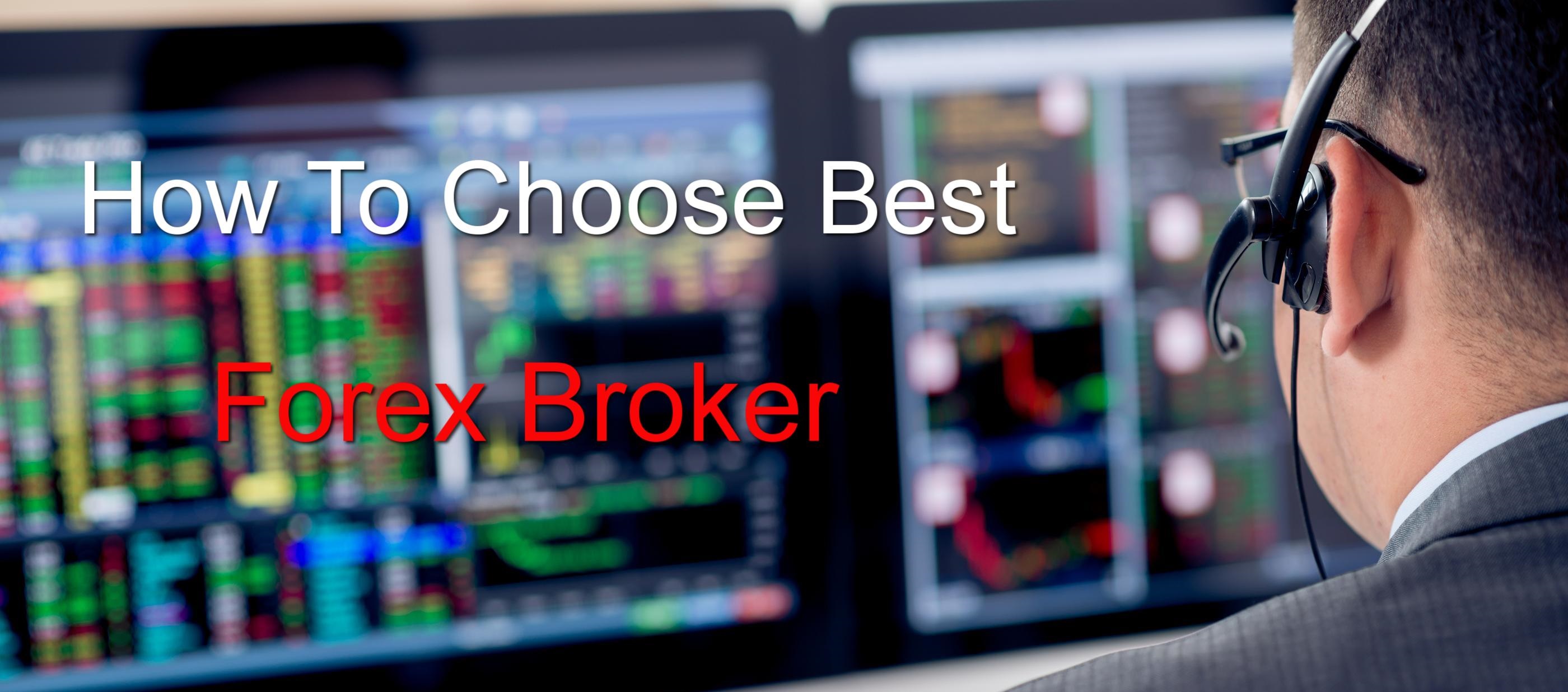

An important consideration when opening a retail forex trading account involves choosing among the different types of forex brokers available to handle your forex transactions. This represents an important decision because the type of forex broker chosen can affect both the quality of service you receive, as well as your transaction fees and dealing spreads. A forex broker serves as the intermediary party between the end user and the market. Having this in mind, choosing the best forex broker is absolutely important.
When it comes to retail forex trading, traders often tend to focus on the advertising hype created by the forex broker rather than the important factors relating to their specific trading strategy. Sooner rather than later, traders end up realizing that when it comes to long-term trading, more factors should be considered when choosing a brokerage. Attesting to this fact are the numerous complaints by traders on various forums about how their forex brokers don’t quite meet their expectations. It all comes to down to the traders doing their homework beforehand.
The first step for the trader is to identify the instruments that they prefer to trade. This might not be based just on the preference of instruments but also can be handy when it comes to hedging exposure for a forex order against another asset or instrument. A forex broker that offers a wide range of trading instruments is usually better. Generally, if a brokerage can offer a vast range of financial instruments it is a clear indication that they have access to a number of different markets, and have therefore gone through numerous authentication procedures with liquidity providers to get price feeds for all the different instruments.
Your approach to choosing a forex broker should be somewhere similar to the process of choosing the right bank to trust your money to reputation, transparency, the convenience of carrying operations with money, good customer support. After narrowing down your choice to few forex brokers, it is time to make a further research by visiting brokers' websites and reading about their forex trading rules and policies, understanding the terms and conditions; getting a feel of the transparency of the business they do: availability of addresses and phones, customer support services, presence of the information of regulatory institutions they are supervised by.
If you have confidence in your forex broker, you will be able to devote more time and attention to analysis and developing forex strategies. A bit of research before committing to a broker goes a long way and can increase an investor's odds of success in the competitive forex market. Other considerations include customization options, order entry types, automated trading options, strategy builders, back-testing and trading alerts. Most brokers offer free demo accounts so that traders can try out the trading platform prior to opening and funding an account.
To receive new articles instantly Subscribe to updates.